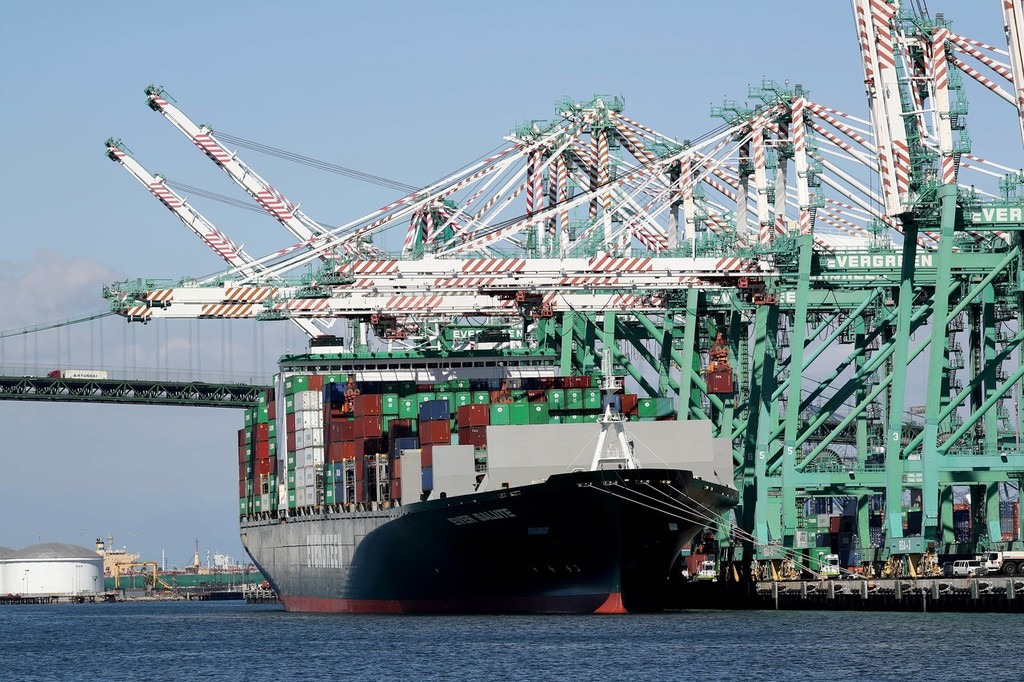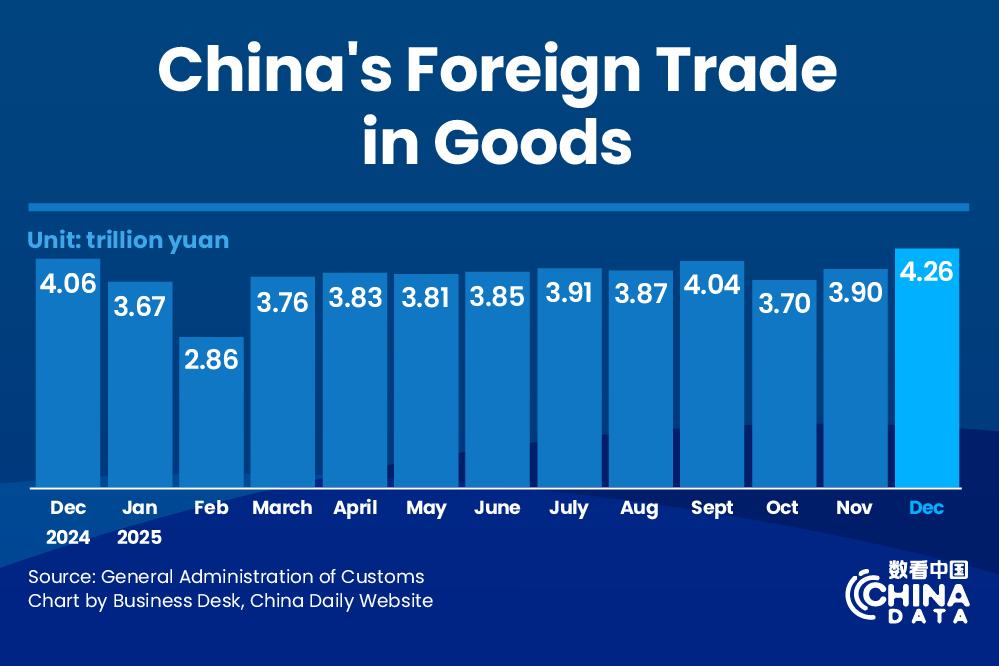States rooting for end to draining trade battle






From tourism to the wine industry, California is feeling the pinch of the rising tariffs being imposed by Washington and Beijing on each other's goods, and the state hopes the nations come to a "mutually beneficial" resolution as soon as possible, a senior adviser to California's governor said on Tuesday.
"We had more visitors from China in 2018 than any other country. Chinese visitors spent about $3 billion in California in 2018. However, because of all the trade tension, I think this has dampened the desire to jump in as quickly as potentially people were doing before," said John "Bud" Colligan, a senior adviser for international affairs and trade for Governor Gavin Newsom.
California was the top US state services exporter to China. Last year, its services exports, including travel, education and industrial processes, amounted to $10.1 billion, an increase of 7 percent from the previous year, according to a report released by the US-China Business Council last month.
In comparison, the state's goods exports increased only 0.4 percent to reach $15.8 billion last year, according to the report.
California's exports will most likely go down given the trade tensions that still existing up between China and the US, Colligan told China Daily on the sidelines of the SelectUSA Investment Summit (June 10-12) in Washington.
US President Donald Trump has more than doubled tariffs, to 25 percent, on $200 billion in Chinese imports and started a process to hit nearly all remaining imports from China. China responded by increasing tariffs 5 percent to 25 percent on $60 billion in US goods on June 1.
Taking California's wine industry as an example, Colligan said demand for the state's wine in China is falling "quite precipitously". A bottle of California wine in China is now twice expensive after tariffs.
China is the fastest-growing market for American wine. But Chile, Australia and New Zealand wines are now benefiting because of the tariffs, he said.
"So these tariffs are hurting a lot of Americans, suppliers of agricultural products, of semiconductors, of machinery, of transportation equipment, there's no question," Colligan said.
It's in the US' interest and in China's interest to get the trade issues resolved as quickly as possible, to reduce uncertainty for tourists and businesses about California and the US in general, he said.
"We think that we need to negotiate from the standpoint of mutual respect and arrive at a set of outcomes that addresses the issues that are real issues between China and the US," he said.
As businesses are trying to redefine supply chains, Colligan suggested Chinese companies invest more and build more plants in the US, so that they don't need to export as much.
Matt Bevin, who became Kentucky's governor in December 2015, said that when he was elected, there were just two or three Chinese companies in his state.
"Right now, we have 15," he said.
"If Kentucky can do this, then everywhere can do this. I want Kentucky to be a model, for Americans, to show what good dialogue in a state looks like, and let people like Chinese feel welcome," Bevin said. "I want citizens in Kentucky to recognize the value of having Chinese partners. It is good for Kentucky."
One of SelectUSA Summit's panels highlighted Chinese company Shandong Yuhuang Chemical Group, which is building a methanol manufacturing facility in Louisiana with an investment of $1.85 billion. The state has been helping the company build its workforce, an example the summit attendees hope other states and foreign companies can learn from.
"Yuhuang Chemical is one of the largest Chinese investments in the US and the first of its kind in Louisiana," said Don Pierson, Louisiana's secretary of commerce. "We want to make sure our engagement with Yuhuang is very strong and sets a great example," he added.
When asked by China Daily about the impact of the trade dispute on Chinese investment in Louisiana, Pierson said, "We continue to have very strong interest from Chinese investors. What's happening, though, is instead of being able to make decisions and advance their proposed operations and investment opportunities, they are having to pause and put those on hold due to the uncertainty associated with the parameters being negotiated by the two countries.
"It won't be until there is more certainty in the market (that) we will have the ability to move forward."
Pierson visited China earlier this year.
"Going to China has been an activity we participated in for decades. I have been to China many, many times," he said. "Certainly the backdrop of the tensions around the tariffs and the trade war activities makes business more difficult to conduct.
"But these markets are both too strong and too important to each other to be ignored, and by patience and a thoughtful approach, we are going to resume great trade activities and investment in international markets, and China is going to be an important part of that for Louisiana and United States," Pierson said.
Contact the writers at huanxinzhao@chinadaiyusa.com
































